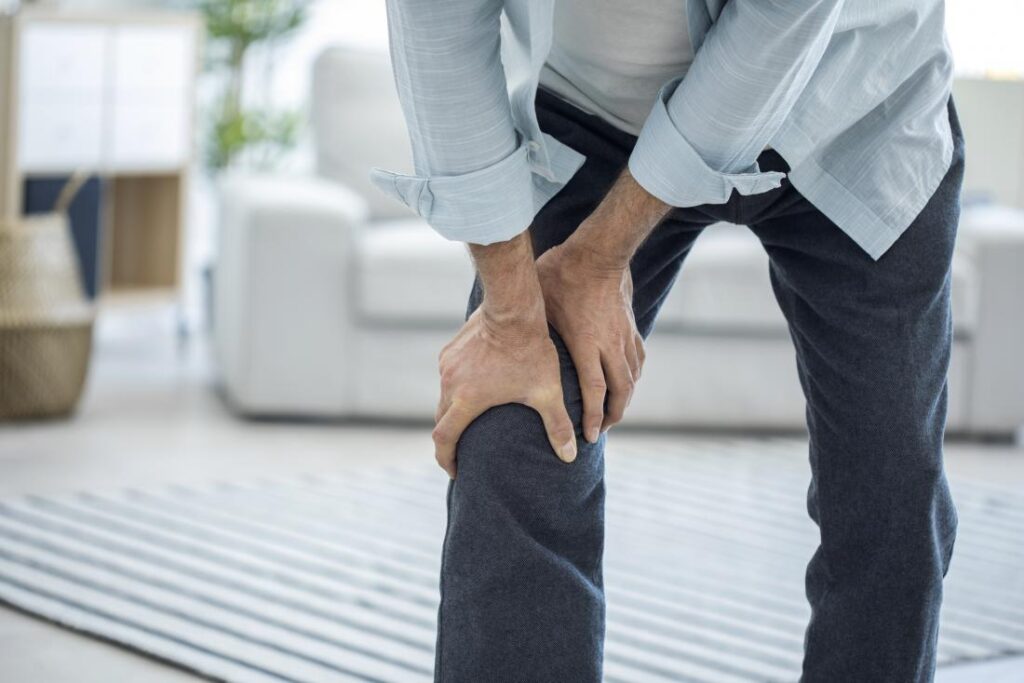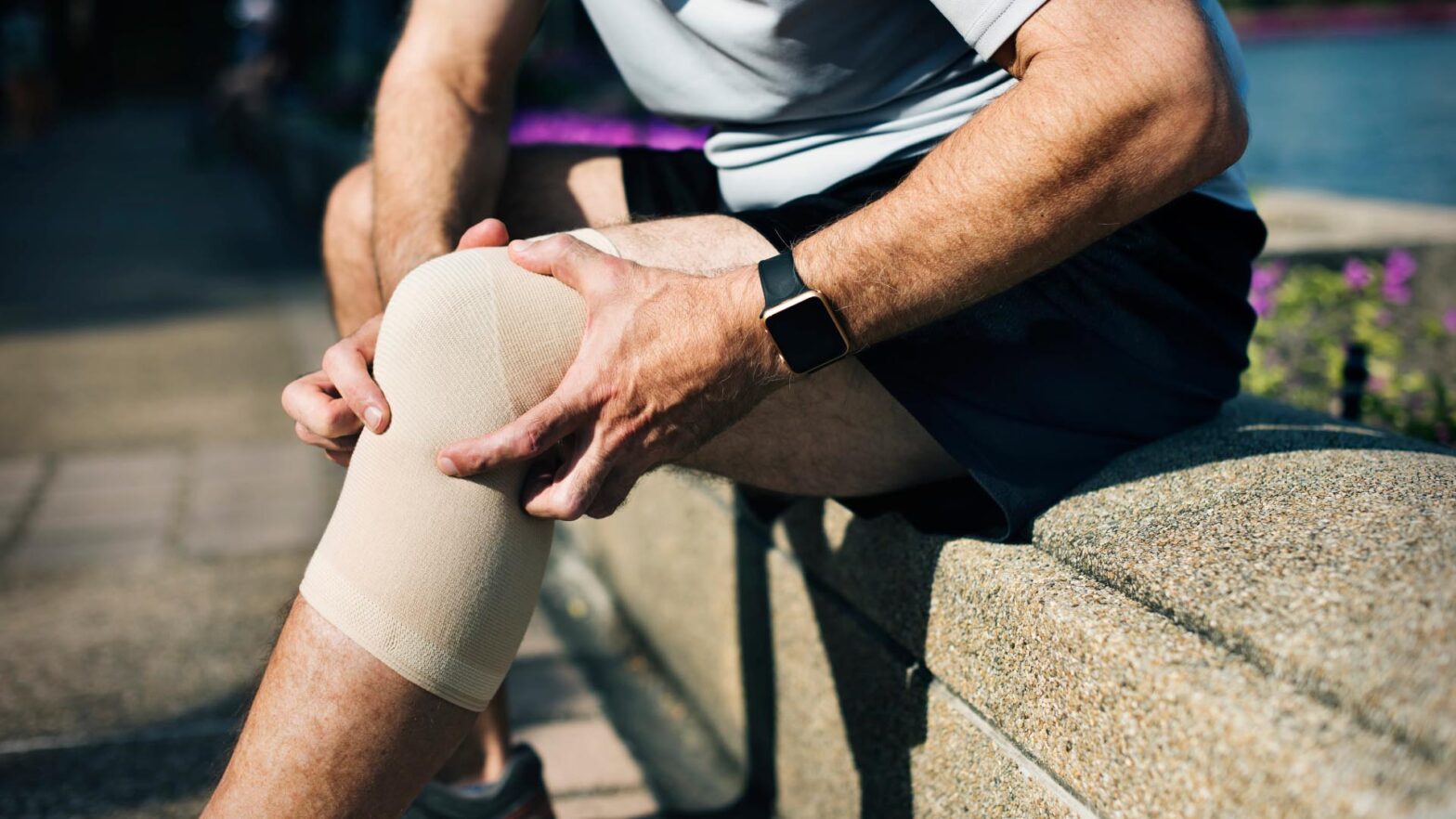Chronic pain is affiliated to a nagging, ever-present pain, an ache that cuts like a knife, feelings of tingling or burning. One of the most distressing aspects of living with chronic pain is the feeling that it will return at any moment. No doubt you’re also wondering how you get here.
As a matter of fact, most cases of chronic pain have physiological origins. The chronictherapy.com.au detailed that pain may be triggered by something as simple as an uncomfortable motion or a fall, but these are rarely the actual causes.
In that case, what are some of the underlying factors that contribute to chronic pain? First, let’s agree on what we mean by “chronic pain.” Next, we’ll discuss the potential sources of your discomfort and how to address them long-term.
Related: Causes and Treatment for Tailbone Chronic Pain
Why do people have chronic pain?
In most cases, the symptoms of chronic pain develop gradually and persist for more than six weeks. Chronic pain, as we’ve established, isn’t caused by anything in particular and doesn’t go away on its own without professional medical attention.
Different from acute body pain, which often develops rapidly and subsides in two to six weeks, this lasts longer than that. Furthermore, the duration of chronic pain typically leads people to avoid physical exercise or seek out compensatory strategies, both of which can exacerbate the pain.

How prevalent is the problem of chronic pain?
The norm, in other words. Body discomfort affects around 10% of Australians at some point in their lives. Only approximately eight percent of the population suffers from constant body-ache.
Most people who suffer from body pain for an extended period of time attribute it to one specific incident or accident. The truth, however, is that it is uncommon to pinpoint a single reason for chronic pain and that rather, a number of factors, often interrelated, might combine to produce the sensation.
Deconditioning of muscles
Muscular deconditioning, also known as muscle atrophy, is a major contributor to ongoing discomfort. When your body muscles aren’t sufficiently strong and stable to support you, you risk muscular deconditioning and subsequent wear and tear. We’ll discuss the effects of ageing on deconditioning shortly, but for now, know that inactivity is the primary cause.
For example, if you’ve been experiencing body pain or you’ve just had an injury, you may have slowed down or avoided certain activities. When you have body pain, it’s frequently suggested that you take it easy for a while and avoid things like heavy lifting while it heals.
However, wasting away from lack of use can weaken and contract muscles. This might cause pain or make you more susceptible to injury since your body muscles won’t be able to support your ligaments and vertebrae as they typically would.
Substandard body mechanics or posture
The muscles and ligaments supporting your spine might be strained by poor habits. This continual pressure eventually wears away at the spine’s supporting structures. Although body mechanics and posture are involved in every action (or inaction), your workplace setting can have a significant effect.
Correct mechanics are your best defence against developing chronic pain if your profession includes frequent lifting or repetitive movements. When you sit for lengthy periods of time without getting up to stretch, you may have tightness in your hip flexors. Constant sitting can lead to a weakening of the hip flexors and hamstrings, which in turn can cause chronic body discomfort. You may be getting kyphosis if you find yourself slouching over a keyboard on a regular basis.
Heredity and senescence
We all know that aches and pains are a normal part of ageing since our bodies are constantly evolving and adapting. Muscle mass and spinal disc height both decrease with age.
Some of the other illnesses that cause chronic pain are related to ageing, therefore they might hasten its effects.
Major life stresses
High-impact incidents like automobile wrecks, slip-and-falls, trips, and falls can hasten the ageing process of the spine and bring on a bout of chronic pain. Overcompensating for the harm caused by these situations is possible.

Excessive usage and routine routines
The amount of strain we put on our bodies on a daily basis may be greatly affected by our habits. The following are some illustrations:
Walking, stooping, exercising, and typing are all examples of repetitive motion injuries, as are lengthy periods of sitting or driving, sleeping in an uncomfortable posture, using an old mattress, and lifting things of varying sizes and weights (including kids)
Intractable pain: what to do about it? Can chronic pain be treated without invasive procedures? When non-drug treatments have failed, surgery can be a lifesaver. However, there is scant evidence that surgical intervention is the most effective treatment for body pain. When non-invasive methods have failed, surgical intervention may be considered.
Incredibly counterintuitive as it may seem, exercise is the best therapy for chronic pain. If your body is hurting, you might believe it’s best to rest for a while. You decide to refrain from doing some things in the hopes that it may hasten your recovery.
However, the less you exercise, the more muscular deconditioning you’ll encounter, and the worse your discomfort is likely to develop.
When do you need physical therapy?
Stretching, ROM exercises, and specific spine strengthening and conditioning routines are all examples of active physical therapy practises.
To help you strengthen your body, condition your muscles, and increase your mobility and independence from pain medication, the aforementioned actions and exercises are planned with those root reasons in mind.
Contact Us Right Away
Our aim is to assist you in achieving long-term chronic pain management without resorting to invasive surgical procedures, regardless of the origin of your pain. We also provide specialised programmes for those who have had surgical procedures like spinal fusion or decompression but are still unable to fully engage in their daily lives as a result of pain.
For more information on chronic pain symptoms, chronic pain resources or effective chronic pain management options, you should book a consultation session with a specialist at Chronic Therapy today, to give you professional advice that will suit your personal experience.
